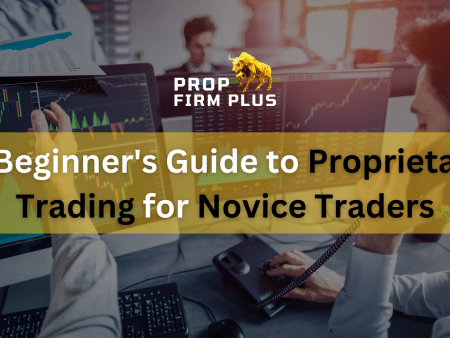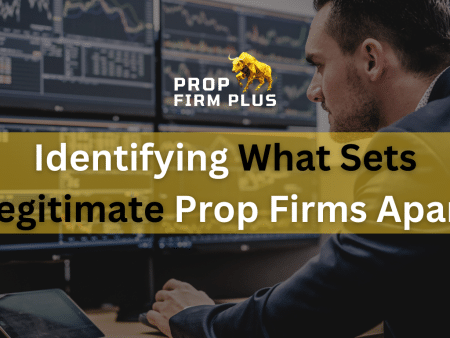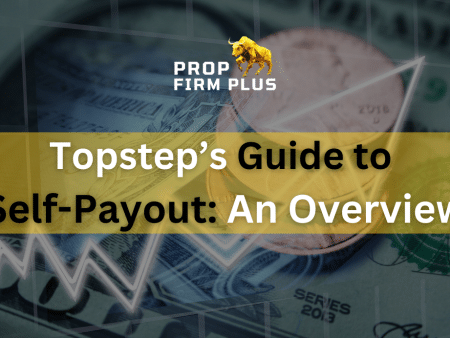Although “trading” and “investing” are two rather distinct activities, many people refer to them as one. It is true they both operate in the same market, traders and investors use completely distinct tactics to accomplish two very different purposes. But for the market to run well, both of them are required.
Definition of an Investor
The market participant that the general public most frequently identifies with the stock market is an investor. Those who buy stock in a firm with the expectation that it will do well in the future are known as investors. Usually, investors are worried about two things:
Value: Investors need to think about how much a company’s shares are worth. When two similar companies trade at different earnings multiples, for instance, the lower one might be a better deal because it implies that investing in Company A will cost less per $1 of earnings than investing in Company B would require paying more for the same exposure to $1 of earnings.
Success: By assessing the company’s financial stability and projected cash flows, investors may gauge its chances of success in the future.
Analysis of the company’s financial records and a look at industry trends that may define future growth potential can be used to identify both of these criteria. Fundamentally, investors may assess a company’s present worth in relation to its potential for future development by examining indicators like the PEG ratio, or the P/E (value) to growth (success) ratio of the firm.
Who Owns Major Investments?
There are a wide variety of active investors in the market. It is a reality that investors own the great majority of the money that is actively traded in the markets (this is not the same as the number of dollars exchanged daily, which is a record maintained by the traders). Important investors include:
Investment Banks: Which are establishments that support businesses looking to raise capital and go public. This frequently entails long-term ownership of at least some of the securities.
Mutual Funds: A lot of people invest their money in mutual funds, which have long-term positions in businesses that satisfy certain requirements. The legislation requires mutual funds to behave as investors rather than traders.
Institutional Investors: Big businesses or individuals who own sizable shares in businesses. Insiders of the firm, rivals hedging themselves, and investors in unusual opportunities are common examples of institutional investors.
Retail Investors: People who make stock market investments for their own accounts are known as retail investors. Retail traders may not seem to have much of an impact at first, but as time goes on and more individuals take charge of their portfolios, this group’s influence grows.
In an attempt to stay with the firm and maintain their performance, all of these parties are seeking long-term roles. The success of Warren Buffett attests to the practicality of this approach.
Definition of a Trader
Traders are investors in the market who buy a company’s shares based more on the market than the company’s core competencies. Commodity markets provide favorable conditions for traders. Ultimately, few individuals buy wheat for its intrinsic qualities; instead, they do it in order to profit from slight fluctuations in price brought about by supply and demand. Traders usually have the following concerns:
Price Patterns: Using a technique called technical analysis, traders examine past price movements to try to forecast future price changes.
Supply and Demand: Traders closely monitor their intraday deals to determine the direction and reason of the money’s movement.
Market Mood: Traders use strategies like fading, where they bet against the herd following a significant move, to capitalize on investors’ anxieties.
Client Services: One of the biggest categories of traders, market makers, are really employed by clients to generate liquidity via quick trading.
In the end, traders are the ones that give investors liquidity and always accept the other end of their deals. Dealers are an essential component of the market, whether they participate in it by market-making or fading.
Who Are the Biggest Traders?
Traders far outperform investors in terms of volume. A wide variety of traders are capable of making trades as often as every few seconds. Among the most common categories of trades are:
Investment Banks: Sell any shares that aren’t retained for long-term holdings. Investment banks are in charge of trading and selling the company’s stock on the open market during the IPO process.
Market Makers: They are the organizations in charge of supplying liquidity to the market. The bid-ask spread and the fees collected from clients generate profit. In the end, this group supplies liquidity to every marketplace.
Arbitrage Funds: These are the companies that quickly seize inefficiencies in the market.
Proprietary Firms and Traders: Businesses use proprietary traders to engage in short-term trading in order to generate revenue. They try to increase the amount of money they make by compounding the short-term gains that come from long-term investing using proprietary trading algorithms and other strategies.
What Distinguishes an Investor from a Trader?
The main distinction between an investor and a trader is that investors prioritize long-term gains, whilst traders prioritize short-term gains. Moreover, while investors are more interested in the fundamentals of the market and the firm, traders are more focused on price movements.
Who Earns More?
Depending on the particular trader and investor, the techniques used, and the kinds of assets exchanged, traders may or may not outperform investors. A trader often has greater short-term returns, but they also incur more risks and can experience significant losses. Typically, an investor may trade with lower risk, avoid significant losses, and generate a healthy return over an extended period of time.
Conclusion
A market requires both traders and investors to operate effectively. Investors wouldn’t have any liquidity to purchase and sell shares if there were no traders. Traders would not have a base from which to purchase or sell if there were no investors. The two groups come together to establish the modern financial market.











